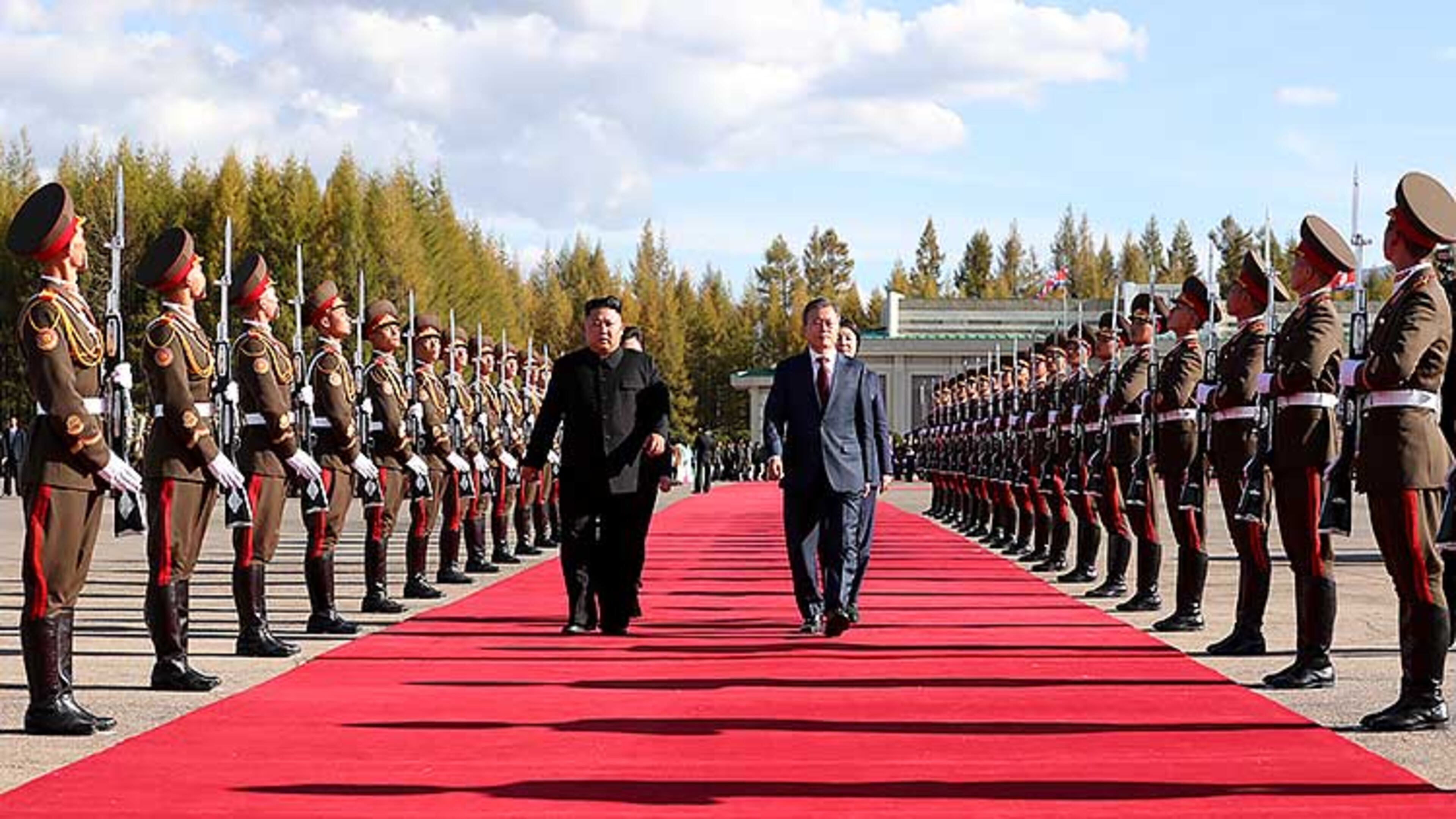Opinion: Ways to permanent peace on Korean Peninsula

Recently, the Korean Peninsula has been at the center of global attention more than ever. The 3rd Inter-Korean Summit Meeting was held in Pyeongyang on September 18-20. President Moon Jae-in and Chairman Kim Jong Un adopted the historic Pyeongyang Joint Declaration. On September 24, President Moon had a summit meeting with President Donald Trump in New York and discussed the preparations for the 2nd U.S.-North Korea summit meeting.
Current diplomatic development is in stark contrast to serious tension of just a few months ago that made international society worry about the possibility of military conflict in the Korean Peninsula due to a string of North Korean nuclear and ballistic missile provocations. In this regard, I believe that the historic Pyeongyang Inter-Korean Summit has provided important momentum for the road to lasting peace on the Korean Peninsula free of nuclear weapons.
There has been more concrete progress for denuclearization since the Singapore Joint Statement in June between the U.S. and North Korea. For the first time ever, Chairman Kim clearly recommitted to denuclearization in public on September 19. North Korea agreed to permanently shut down the Dongchang-ri missile engine test site and launch pad, a key missile test site in North Korea, under observation of international experts. Chairman Kim also expressed his willingness to dismantle the nuclear facilities in Yongbyon subject to corresponding steps of the U.S.
In spite of substantive progress, there are still some voices of concern regarding credibility of North Korea’s commitment to denuclearization. Even if it’s hard to prejudge the result of on-going negotiation with North Korea, I think we have valid reasons to view current development more positively.
Unlike previous promises on denuclearization, the recent North Korean commitment to complete denuclearization was made at the summit meeting with President Trump. Moreover, Chariman Kim reconfirmed it in public at the press conference after the Pyeongyang Inter-Korean Summit. President Trump welcomed Chairman Kim Jong Un’s recommitment to denuclearization via Twitter and interviews with the media. Secretary Pompeo also stated earlier in the press that Chairman Kim expressed willingness to completely denuclearize his country before Trump’s four-year term ends in January 2021.
At the same time, North Korea has been showing its endeavor to implement the Joint Statement of Singapore Summit. North Korea already suspended its nuclear and missile tests, dismantled a nuclear site and released American detainees. It also handed over the remains of American soldiers killed during the Korean War.
Given decades of mistrust against North Korea, however, we cannot expect to solve this complicated issue through one or two meetings. There will be ups and downs in the process of denuclearization. Nonetheless, we need to maintain this good momentum formed by the outstanding leadership of President Moon and President Trump, and continue to lead North Korea to completely abandon its nuclear and ballistic missile program by building mutual trust and taking reciprocal actions.
President Moon said, in a recent interview with Fox News, if the United States could take corresponding measures, we would be able to expedite North Korea by further denuclearization measures. As President Moon and President Trump discussed the possibility of formally ending the Korean War at the summit meeting in New York, a new future without fear of war seems not to be far away.
In pursuit of an era of peace on the Korean Peninsula, the strong support and close cooperation of the international community is required more than ever. Most importantly, the ironclad U.S.-South Korean alliance continues to be a cornerstone in the bumpy road to establishing a permanent and stable peace regime on the Korean Peninsula. I hope that the 2nd U.S.-North Korea Summit will take place within this year and significant progress will be made in the negotiation between the U.S. and North Korea.
Young-jun Kim is Consul General for the Southeast of the Republic of Korea.


